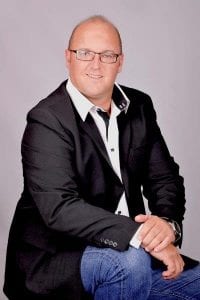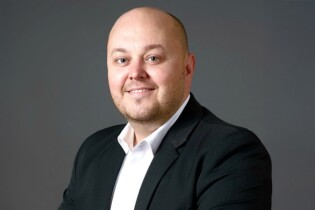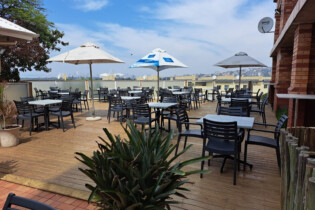The exhibition industry – show organisers, exhibitors and suppliers alike – should regard the cancellation of the Johannesburg International Motor Show (JIM) as a wake-up call to heed the subtle shifts that have been characterising the business-to-business side of the playing field for some time now.
This is the opinion of 3D Group’s sales and marketing director Conrad Kullmann, who added that industry players must change, and realise what is happening in their market. The speed at which they change will ultimately determine who will lead the pack.
With their head office situated in Linbro Business Park in Johannesburg, the 3D Group comprises nine specialist disciplines that work in harmony to provide a professional, turnkey exhibition experience for exhibition organisers and exhibitor companies alike.
According to Kullmann, the shifts exhibition organisers and suppliers should pick up on include:
- The move away from pure business-to-business interactions to a more festival atmosphere. For example, SportsXpo has shifted gear from the traditional shop window exhibition format to the more energising festival of sport format complete with guest appearances and demonstrations of skills and daring.
- The increasing importance of lifestyle, which allows the exhibitor to reach end-users as well as members of the trade. Decorex is an example of a very successful cross-over show where exhibitors can hook up with potential stockists as well as raise awareness for their products to consumers. Here the organiser also uses a clever way of activating their show by using their clients’ offerings and teaming up with them to ensure that the show is engaging and a feast for the senses.
- The return to the more natural market concept, where visitors can make purchases there and then, as opposed to completing a form and waiting for follow-up during the weeks after the show.
- The rise in the number of (previous) exhibitor companies taking their exhibitions budget and – instead of investing it in a show at which they may grab a potential user’s attention for five minutes before he or she moves on to check out the competition – developing a road show at which they are able to add more value for the potential user, and hold his or her attention for longer on just the relevant basket of products.
Kullmann said these shifts are pointers that everyone who has been involved in the exhibitions industry should use to shape their strategy going forward. He added, though, that the biggest change will have to be made in the exhibition organiser or owner’s tent.
“Organisers have to start taking notice of the change, and change along with it. It’s no longer good enough just have your exhibitors on display. The show has to be activated.
“People are finding exhibitions boring – the same old same old. It’s not exciting. I understand that budget is always an issue but business owners and their show directors have to push the boundaries and think creatively both financially and physically.
“Involve your clients – don’t charge for the activation space; the more you have going on the more exciting it is the more visitors you will have the happier your exhibitors will be,” he adds.
An example of thinking creatively is the 3D Group itself. Here, Kullmann has recruited four brilliant road artist crews to walk around Markex and promote themselves. In doing this, they will create a great vibe around Markex; for example, Kullmann anticipates visitors and exhibitors taking videos and these going viral, thereby promoting Markex.
“This is costing us very little, shows some different thinking, promotes and activates Markex, and supports the community,”
“The time is ripe for some new thinking, to re-invent the exhibitions industry. And either it gets done now, or a new agency bursting with ideas and brimming with enthusiasm and a willingness to collaborate will take advantage of the situation,” he concludes.








